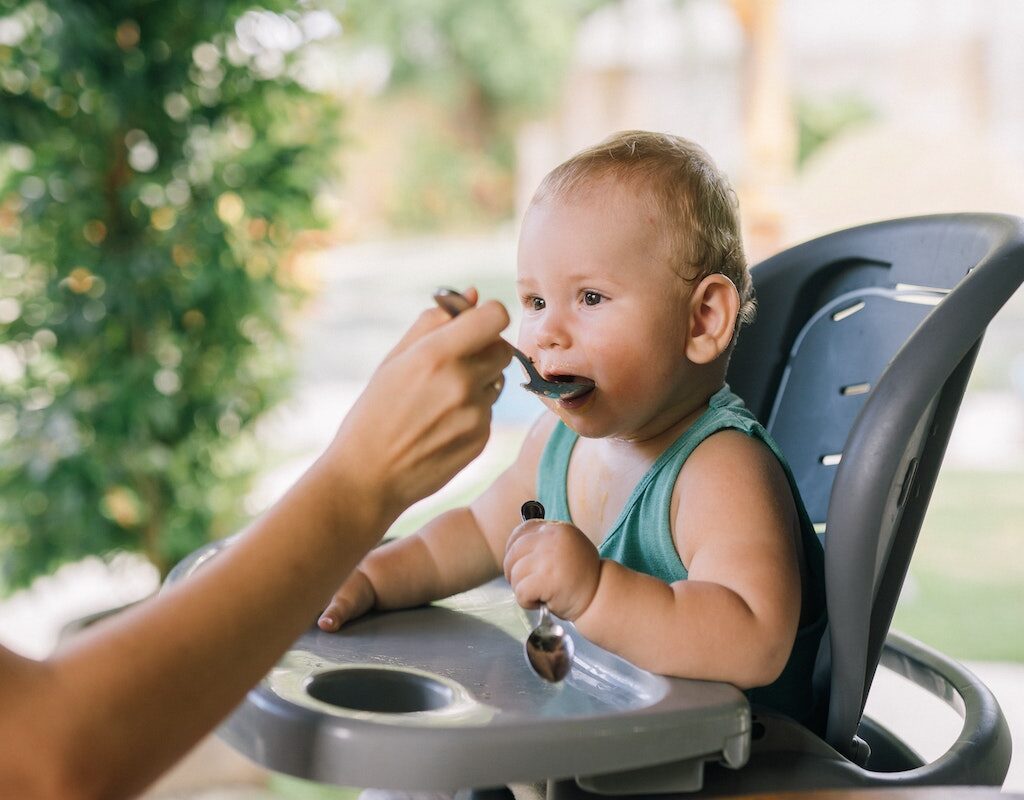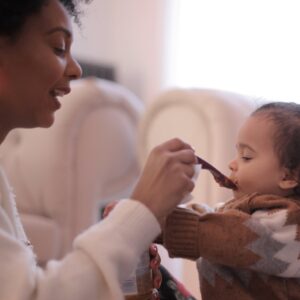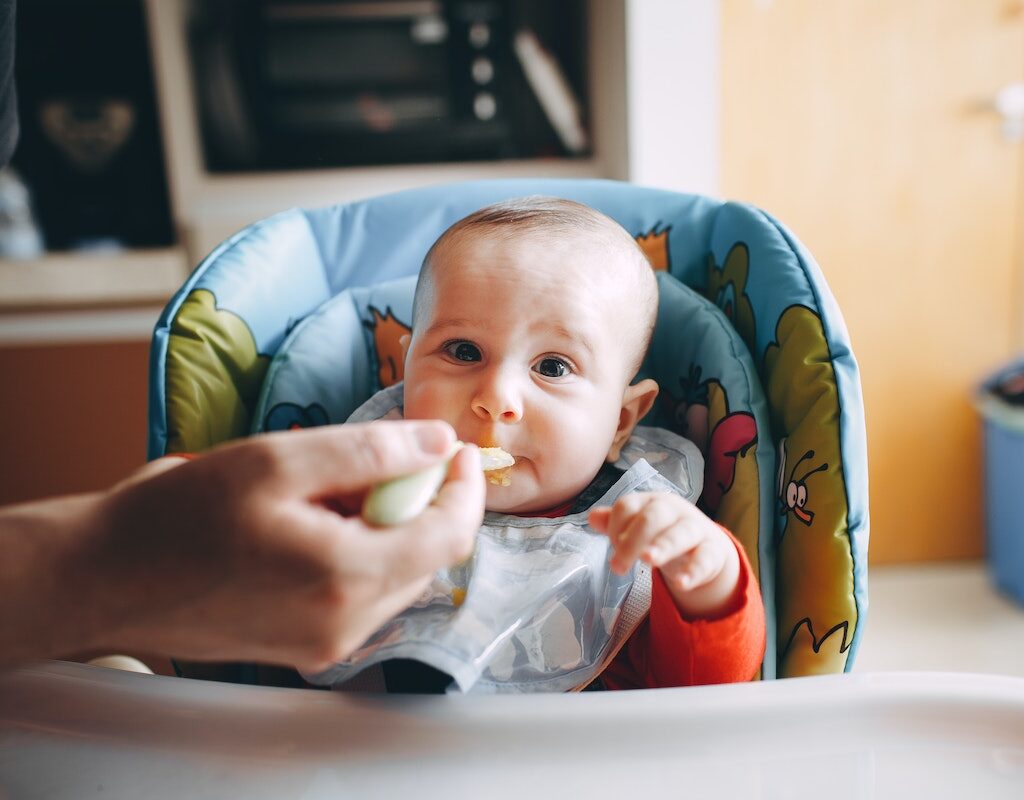Do you find it difficult to give medicine to your little ones. Don’t worry you are not alone. Let’s check out some tips and tricks to give medicines to infants.
Giving choices
Just like adults, kids also tend to feel like they have lost control with the onset of fever or sickness. As parents, it’s helpful for them if we give them choices. Since taking medicine is not an option that can be bypassed, what we can do is to provide them with other simple options:
- How would they like to consume the medicine (through a dropper, a teaspoon, a cup with honey)
- When they take it (before their bath, after their bath, with food)
- Where they take it (while playing with a puppy, while reading a book, while playing with their toys)
There are numerous other options as well. Whatever you do, make sure that you supervise them while they take their medicines.
Avoiding choking hazards

Choking occurs with children far more common than we prefer. Be careful with the quantity of medicine that your child can swallow at a time. If need be, you can break a pill into smaller pieces. Or you can split a teaspoonful of syrup into two half-filled teaspoons.
When squirting medicine through a dropper or a syringe (without a needle), aim for the lower part of their cheek instead of the back of their throat to reduce chances of choking.
Let your babies follow the medicine before squirting in more, even if this means that you may need to coax her into opening their mouth again.
Explain, rather than force
It is common for parents to assume that children may not understand why they need to take medicine. But you can still try explaining to them why she needs to because they often tend to trust what you say and may grow up to understand the logic behind being asked to certain things even if it’s not ‘fun’.
Blend it with something they like
You can also attempt to get them to consume the medicine by altering its taste. Try mixing it with a spoonful of breastmilk, formula or juice (if your baby can have it). Keep the volume low that the baby can consume the full mixture comfortably — don’t mix it into a bottle full of milk.

Do note that some medicines cannot be given to children during meals or with particular foods, so ensure you don’t mix them with those.
Positive reinforcement
Children tend to repeat actions if they feel that it gets them kudos and gratitude. Praise children when they have medicines happily, and they might start doing it more often. Never threaten children with injections and vaccinations as a punishment.
Make it a fun activity
Using kitchen sets or tea sets to consume medicine is a great idea, it will make them role-play as adults and take their medicine as fuss-free as you do.
Chasers
You can give a follow up “chaser” food to erase the taste of medicines using juice, milk or something else they like if the doctor approves it. But, again, make sure that the medicine does not specify being given on an empty stomach or without certain foods.

Dosage
When you give a spoonful of medicine and your daughter doesn’t consume the whole amount, make sure to calculate the dose that she did consume and balance it out with a follow-up dose. She hasn’t consumed the dose that she spits back out a few seconds later. The same logic applies if she spills the spoon or vomits it out a few minutes later.
A few other tricks
If your baby opposes taking her medicines, you can try gently blowing on her face. This is known to trigger a swallow reflex in young babies. Or offer a pacifier to suck on immediately after providing medicine, as the sucking action will help the mixture get where it needs to go.

